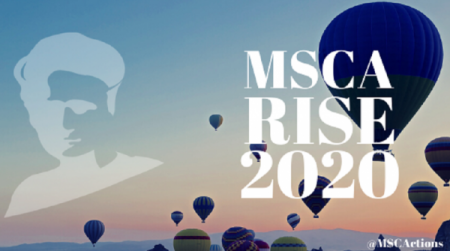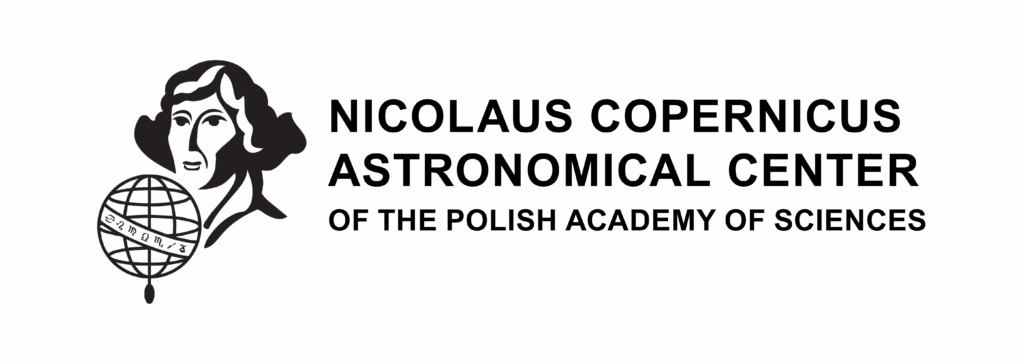PROBES – the project to be implemented by AstroCeNT at Nicolaus Copernicus Astronomical Center of the Polish Academy of Science – has been funded among 74 winning projects in the competition #H2020 MSCA-RISE of the European Union.
The MSCA-RISE (Research and Innovation Staff Exchange) program promotes international collaboration by sharing knowledge and ideas between researchers and markets around the world. First, it enables the exchange of research and innovation staff – not only scientists, but also managerial, administrative and technical personnel working in different countries and sectors. Secondly, it serves the exchange of knowledge and ideas bringing new solutions, products and services.
The results of the last MSCA-RISE #H2020 competition were announced on 1 September 2020. The total budget is EUR 80 million which will finance more than 4,000 staff exchanges. The full list of winning projects is available here.
Nicolaus Copernicus Astronomical Center of the Polish Academy of Sciences (NCAC PAS) will be one of the 26 members of the consortium implementing the PROBES project under the MSCA-RISE program. PROBES will explore the most fundamental questions in modern particle astrophysics, including the search for “dark matter” and “dark energy”. We have known for a long time that what has been observed in the Universe so far is only a few percent, the “tip of the iceberg”, of all that is there. In order to shed light on the hidden Universe, it is necessary to develop and successfully implement the most modern scientific methods and technological solutions to create super-sensitive instruments for observing extremely rare and weak signals of such phenomena as gravitational waves, dark matter or neutrinos. Within the PROBES project, leading research groups from Europe, the USA, Japan and China will collaborate with companies to develop such innovative solutions.
Professor Leszek Roszkowski, PROBES project manager and head of AstroCeNT, notes that “the aims of PROBES fit perfectly into the research program developed at the International Research Agenda AstroCeNT. I am very pleased that just a few months after its creation, the AstroCeNT team was invited to participate in this ambitious project, in cooperation with such excellent and renowned centers as CERN, MIT, and many others. For us, it is not only a demonstration of our potential, but also an opportunity to strengthen and further develop cooperation with leading research groups in the world in such flagship areas as particle astrophysics, including neutrinos, dark matter and the detection of gravitational waves.”
Professor Rafał Moderski, Deputy Director for Research at NCAC PAS: “We owe this success primarily to the excellent team of scientists we managed to gather at the AstroCeNT. The team consists of both specialists in theoretical physics as well as great experimenters and researchers with extensive experience in the field of observing the universe. Thanks to such a multidisciplinary approach it is possible to conduct research that has a chance to be successful on the international arena.”







